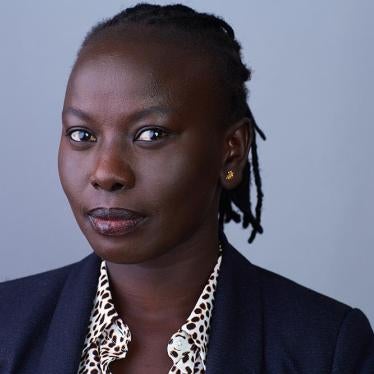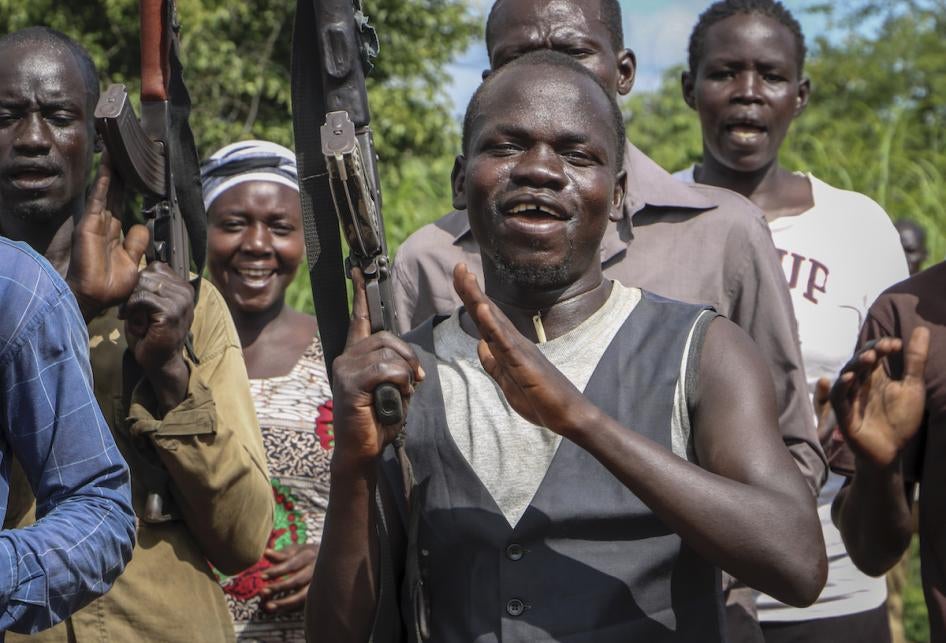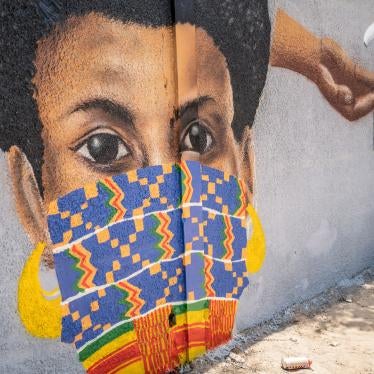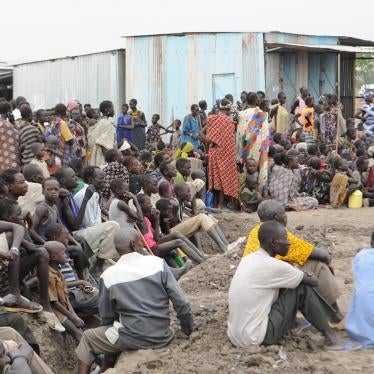The United Nations Security Council should prioritize the protection of civilians in South Sudan by renewing the arms embargo and strengthening the monitoring to better enforce it.
Imposed in 2018 after five years of conflict, the embargo aims to stop the flow of weapons that would likely be used in abuses against civilians including killings, rape, and forced recruitment of children as fighters. But for the embargo to have a preventive effect against abuses, countries – especially South Sudan’s neighbors – need to comply with it.
Unfortunately, that is not happening, according to the UN Panel of Experts on South Sudan.
The UN experts found evidence that Sudan delivered weapons three times between March and June 2019, and that Ugandan troops entered the country without notifying the UN. Also, regional countries – as in previous years – failed to report required cargo inspections.
Amnesty International documented embargo violations, including that government and opposition groups recently received small arms and ammunition and that they concealed the weapons from monitors.
The facts on the ground justify the maintenance of the arms embargo. Although warring parties formed a unity government in February and major fighting has declined, civilians remain at risk. Envisioned security arrangements leading to disarmament have stalled. Government forces continue to fight rebels in parts of the Equatorias, while intercommunal fighting has flared in most states. The violence includes attacks on civilians, with thousands forced to flee their homes.
Sudan and Uganda, both guarantors of South Sudan’s 2018 peace deal, can hardly claim ignorance of the conflict’s impact. They both host more than 800,000 South Sudanese refugees. By violating the arms embargo they are only fueling more killings and abuses.
The African Union – which has called 2020 the year of “silencing the guns” – should ensure that the three elected African UN Security Council members (South Africa, Niger, and Tunisia) support renewal of the arms embargo. This would send a strong signal to South Sudanese leaders that African governments will not tolerate further abuses and broken promises.
In addition to renewing the embargo, the Security Council should beef up compliance, including having ceasefire monitors in South Sudan inspect cargo exempted by the UN sanctions committee. They should also hold violating countries to account.
This step will likely help reduce violence against civilians, and it will also show that the Council prioritizes protecting people during conflict.










